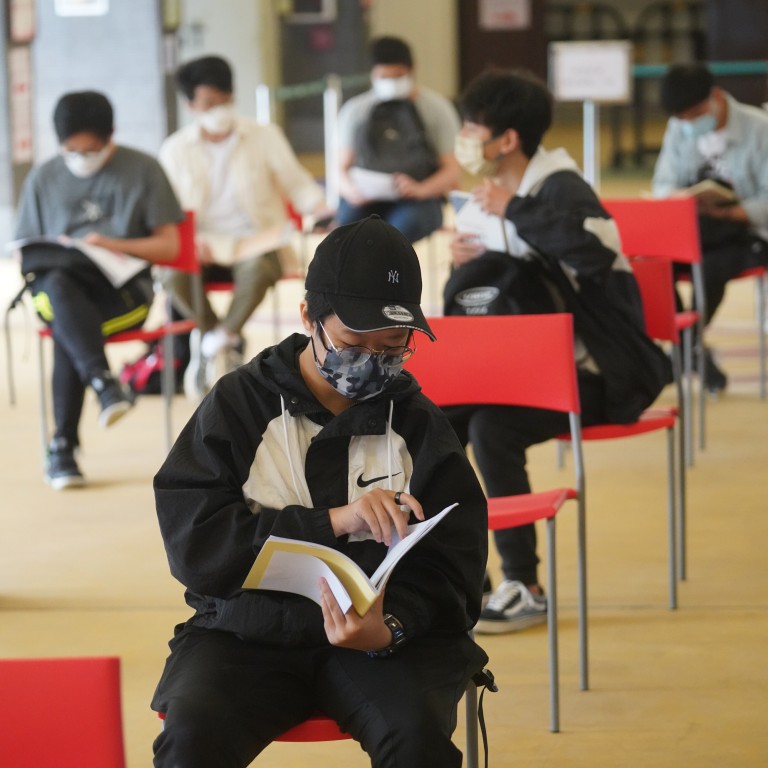
Letters | Improving Hong Kong students’ English skills requires a team effort
- Readers discuss the state of English language education in Hong Kong, who bears responsibility for improvement and how schools can foster learning outside class
Student Alice Chan laments that secondary school English classes leave students unprepared for the future and in doing so drags her bucket and places it at the feet of her English teachers.
The juxtaposition of the two letters is instructional. Teachers and schools doubtless have an essential role in implementing the renewed curriculum, but students must also realise they need to leave their bucket behind and instead change their mindset and turn up to school with pockets of kindling.
Fire needs fuel, heat and oxygen. The renewed curriculum will provide heat and oxygen and some fuel, but secondary students must be prepared to add their own fuel and in doing so take more responsibility for their own learning.
Sarah Rigby, Lantau Island
Students must bear responsibility for poor English skills
English teachers’ responsibility is to impart the basics of the language. Children need a strong foundation so they can pursue more advanced knowledge.
Difficulties can push students to make progress. When they encounter problems in future courses, they should see them as a challenge. This can help them become stronger mentally and improve.
English teachers are meeting students’ needs. The problem is students’ self-discipline.
Kary Lai, Tseung Kwan O
Students need chances to use their English skills
It’s fine to learn to read and write in class, but to speak well we need the opportunities to practise. Schools could organise activities such as speech festivals and make a bigger push to get students used to speaking English in school.
Jay Hong, Tseung Kwan O

